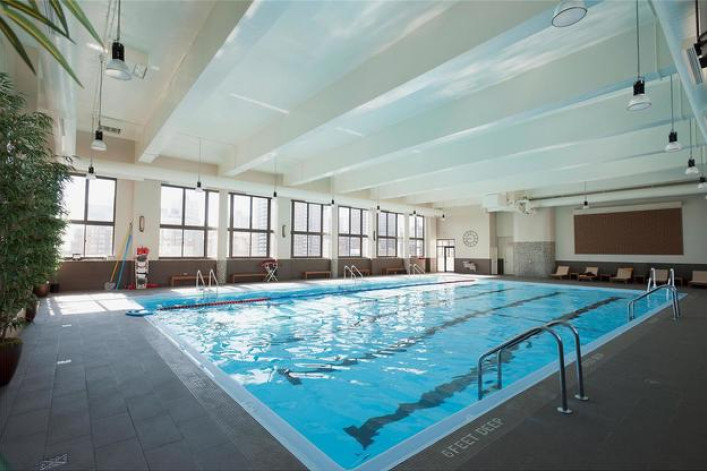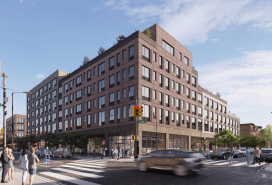Not paying your common charges? No pool for you!

Condo boards have long wielded access to amenities as a weapon against owners who don't pay their common charges. Fall behind on the monthly bill? Say goodbye to the gym, pool, laundry and so on. But it seems that boards didn't necessarily have a legal basis for taking this step—until a recent state court ruling, Habitat Magazine reports.
The case in question involved a couple in the Columbia building on the Upper West Side who struck up a curious bargain when they got divorced. Their condo was a combination of two units, and when they split up, the husband and wife decided to reconfigure the space and live in the two units separately, with the husband covering the cost of the mortgages, taxes and common charges. Unfortunately, the situation got nasty (as these situations often do) and in 2007, the husband stopped making payments, Habitat writes. The wife asked to be "removed as the primary resident" of her apartment. In the meantime, the condo board didn't get a cent, and subsequently revoked her use of the building's amenities. In response, the wife claimed that she had a right not to pay the common charges because of the board's action.
But no such luck. A judge ruled against the wife, finding that the board was justified in withholding her access because of a house rule it had passed in late 2011 granting itself the authority to take this step—a court decision that "may well be a landmark confirming the legality of a common practice," Habitat writes.
The upshot? As long as condo boards pass a house rule applicable to all the owners, they have the right to keep those delinquent residents off the treadmills.
Related:
5 reasons a foreclosure notice doesn't mean you'll lose your home
Buy smart and your monthly charges will be manageable
Who gets the apartment after a divorce?
PropertyShark QuickTip: How to check for liens before you make an offer (and why you should)


























